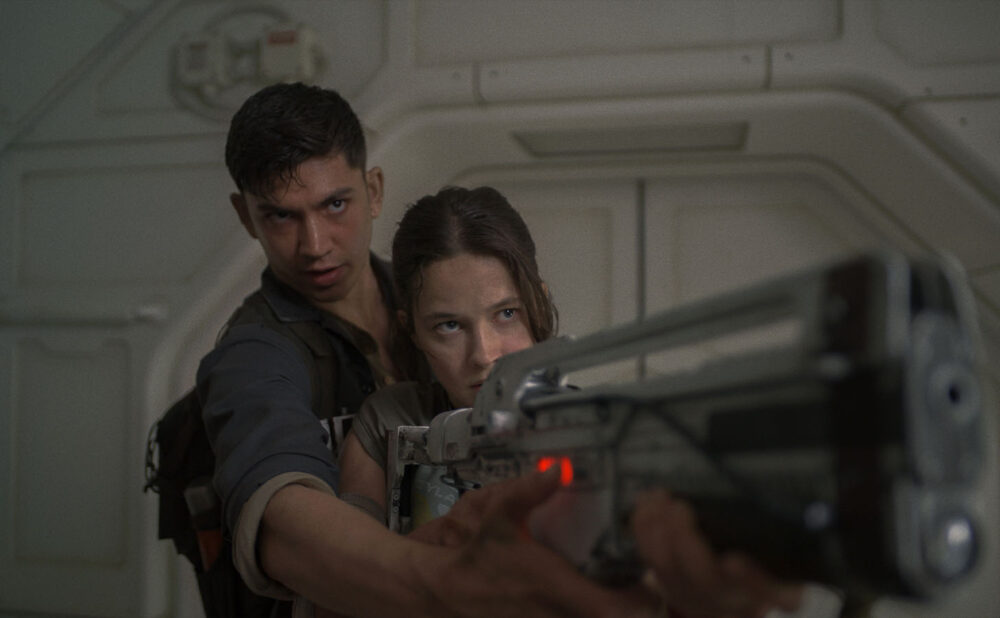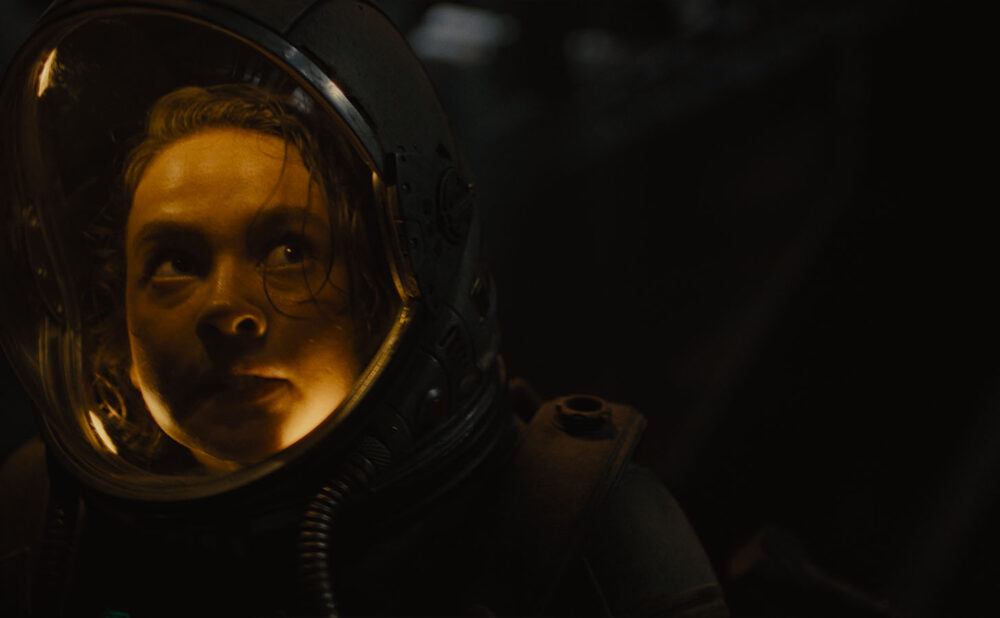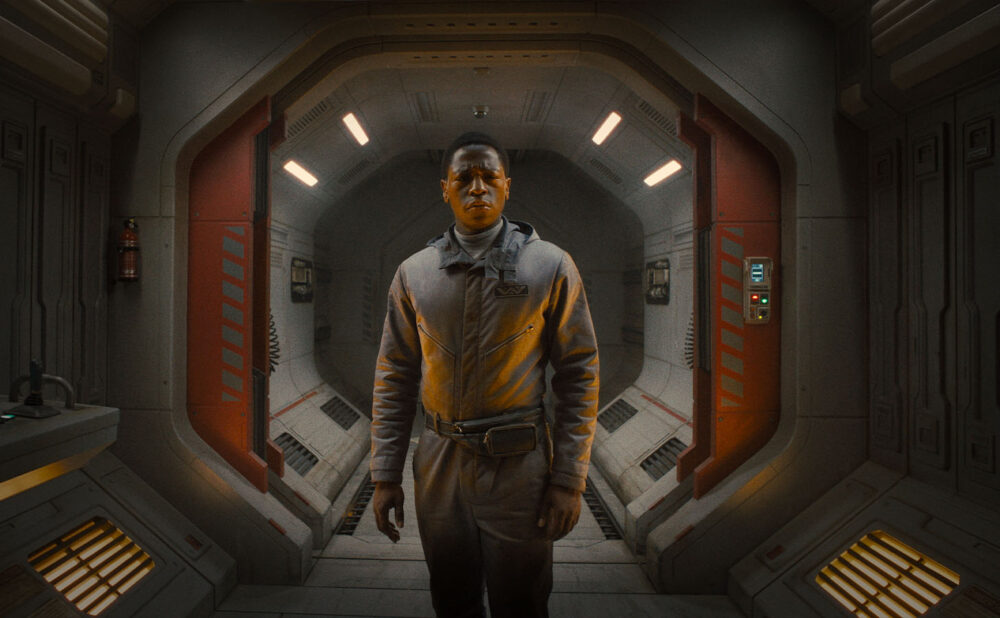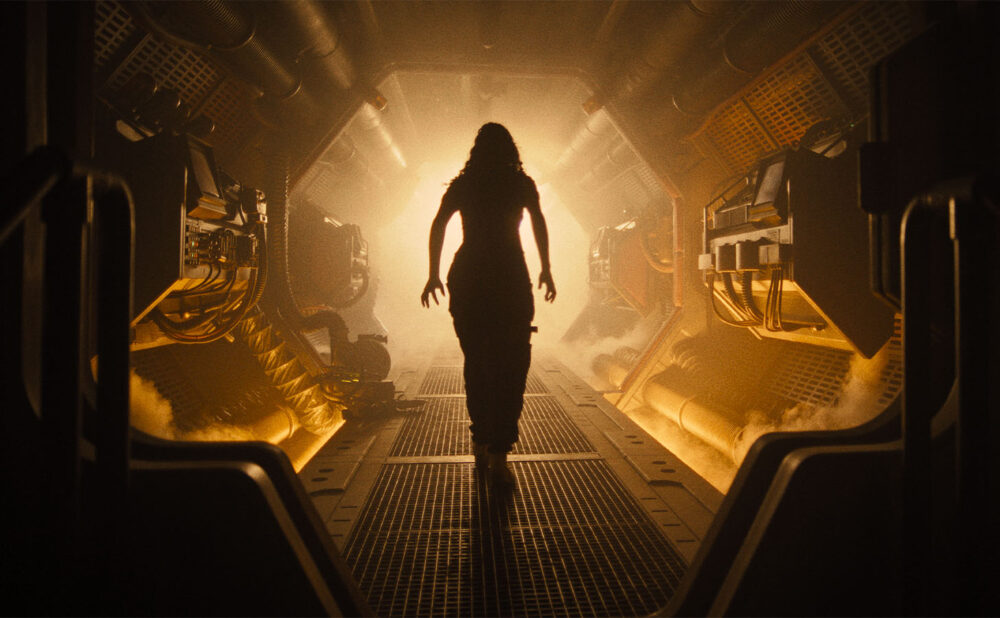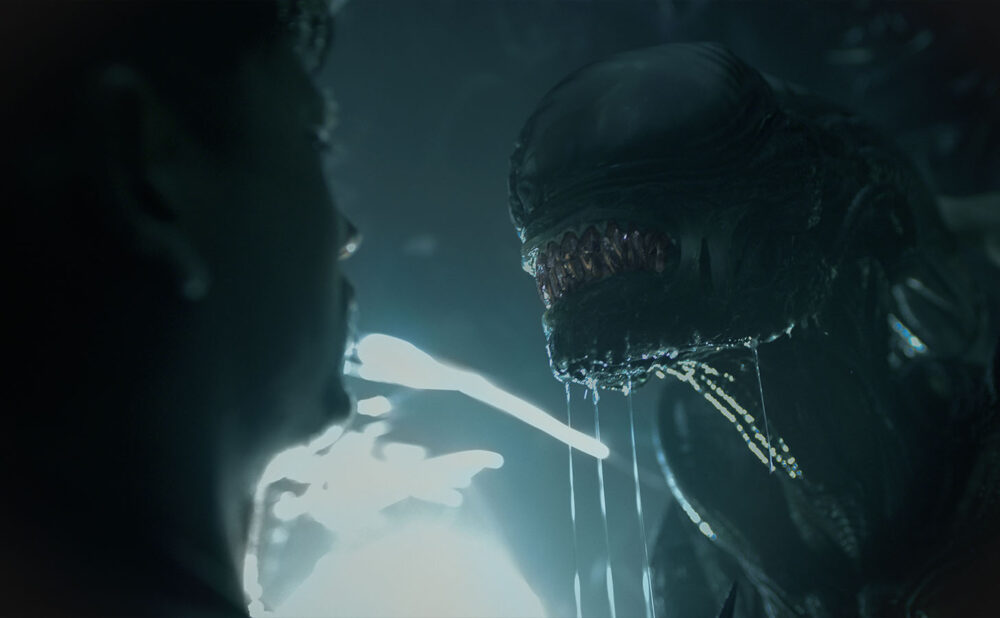Review: ‘Alien: Romulus’ is awkwardly stuck between the past and the present
Ninth entry in the iconic science-fiction horror series doesn’t quite give a fresh start
Where: In theatres
What: Movie, 116 mins.
When: Fri., Aug. 16
Genre: Science-fiction horror
Rating: NN (out of 5)
Why you should watch: Film delivers on impressive technical aspects and some nasty gore.
IF YOU MENTON that something is the ninth film in a series, you likely won’t have high expectations, which is why it feels weird to be somewhat disappointed with Alien: Romulus. As the Alien brand name also implies a general multimedia empire that includes video games, comic books and, heck, a 1992 Pepsi commercial (look it up on YouTube for a laugh), memories of the initial two masterpieces from 1979 and 1986 respectively may be a little distant. But with enough emotional and nostalgic investment from worldwide moviegoers, it seems a “back-to-basics” entry in the series after original mastermind Ridley Scott’s two ambitious, if overly explanatory, prequels Prometheus and Covenant can be greenlit with a lack of cynicism.
Yet this film opens up the question of whether back-to-basics also subtly implies “derivative.” At the very least, the setup of the latest entry brings something new to the fold: younger characters. While definitely conjuring memories of a slasher flick cast, the film smartly leans into the doomed millennial/zoomer mindset of late. Opening on a mining planet with no sunlight, and its young residents, who have no hopes for work beyond dangerous manual labour, so they band together to pull off a heist of an abandoned company spaceship named Romulus that’s replete with resources. But aboard Romulus are two wrinkles of corporate malevolence: of course, the alien of the title and an android (or in franchise terminology “synth”) with shifting motivations (AI is a long-running theme of the Alien series that’s full-on shifted into “contemporary anxiety” as of late).
It’s nice that the series’s theme of disposable youth in the grinding machine of capitalism continues. Additionally, the film is lucky to be headlined by Cailee Spaeny (Priscilla and Civil War), who’s one of the most exciting young talents in movies today. Able to underplay her role but still give the audience a rooting factor, she helps maintain interest even when the film starts to reveal its flaws. For example, it’s ironic that for all the film’s criticism of business interests over human lives, the overarching Hollywood corporate mandate of intellectual property that never strays too far from past entries, what with all the series callbacks and predictable plot-turns, begins to make the film more like a churning mechanic than anything.
Without giving away too much, by the time Romulus goes about repeating the climax of the iconic first film just with a twist that oddly recalls elements from some of the more controversial entries in the series, it was hard not to resent the film for darting away from whatever new ground it could’ve covered. Perhaps the film will make you yearn for the misguided if wild world-building of Prometheus.
It’s certainly not a worthless entry on the level of, say, Alien vs. Predator: Requiem, as the film still contains an artful mix of VFX and practical sets that do the original two entries proud. Yet Romulus only ever feels truly “noteworthy” in an impressively designed and suspenseful zero-gravity sequence near the end, particularly because it feels like it’s bringing new images and modes of terror to the franchise. For all the film’s contemporary allusions, it still lives in the shadow of the past, an unfortunate reality of modern mainstream moviemaking.

